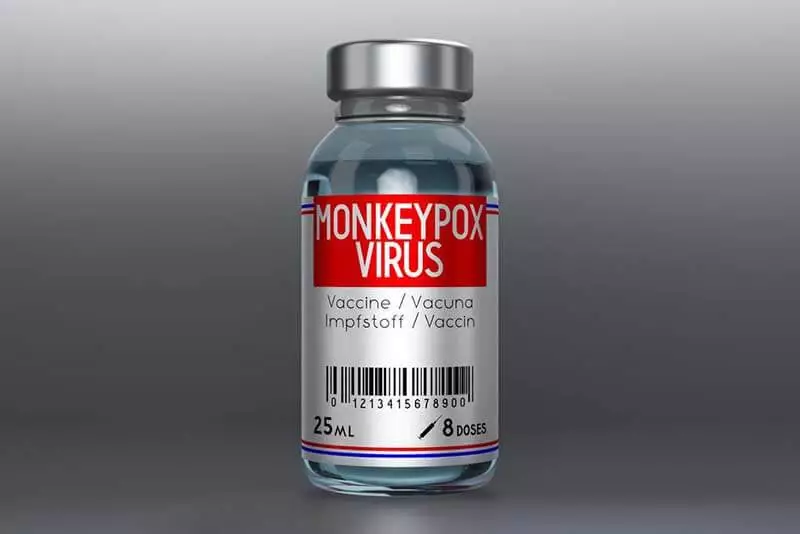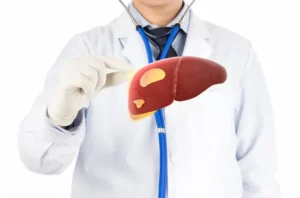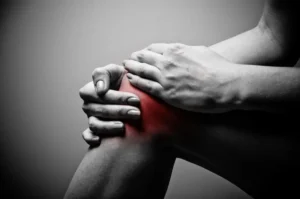The current outbreak of the monkeypox infection is from the same family of viruses as the variola major virus, which causes smallpox. Monkeypox is similar to smallpox, but much more deadly. The symptoms include fever, headache, muscle aches, fatigue, sore throat, coughing, vomiting, diarrhea, rash and swollen lymph nodes, all of which cause a weakened immune system.
What Is Monkeypox?
Monkeypox is a rare but serious disease that can cause fever and rash in people who have been exposed to the virus. It was first identified in monkeys in 1958, but human cases were not reported until 1970. Since then, there have been more than 1,000 confirmed cases of monkeypox in humans. Most are in parts of Africa where the virus has long been present. In recent years, however, outbreaks have occurred in the United States, Canada, Europe and Asia.
How Do You Get Monkeypox?
The virus spreads when an infected animal bites someone or scratches open sores on its body. People can also get sick through close physical contact by touching an infected person. There is no widely available monkeypox vaccine. Doctors do however recommend washing your hands regularly to prevent the spread of germs, especially after handling animals or their waste.
What Are Its Origins?
The disease is endemic in African countries, where it has been known since the 1970s. But it has never spread beyond that continent. Until now. A strain of monkeypox emerged in Texas in 2003 and quickly became widespread. At least 70 people contracted the illness, including one person who died.
In 2016, a man in the United States traveled to West Africa and returned home with the virus. He later passed it along to others, leading to a cluster of cases in Ohio. And in 2017, another traveler brought it into Texas. So far, no one has died from the latest outbreak, though some patients have developed complications. The U.S. government is monitoring the situation closely.
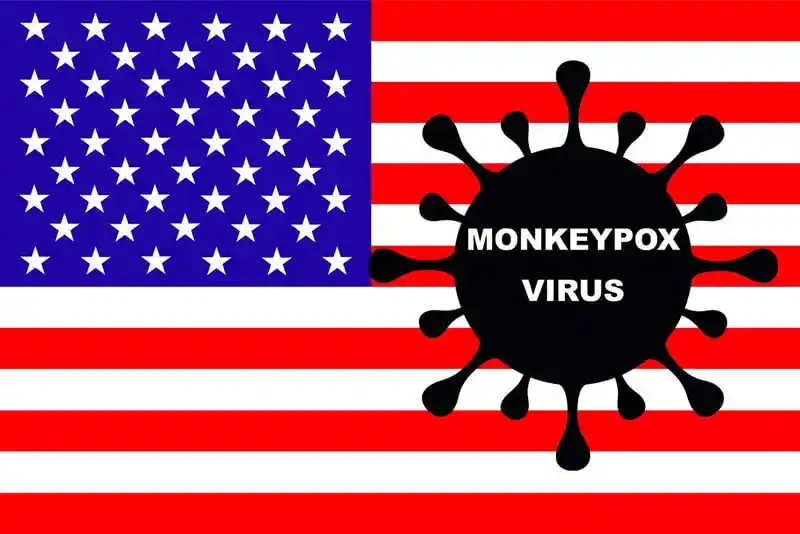
What Are Monkeypox Symptoms?
While most cases, particularly in this outbreak, are not severe and often resolve without treatment, the spread of monkeypox is something you want to know about.
The Centers for Disease Control and Prevention (CDC) says it usually starts with a high fever, headache, muscle aches, chills, fatigue and flu-like symptoms. In some people, it leads to a rash that looks like a mixture of measles and smallpox. In rare cases, it can lead to pneumonia, kidney failure and death.
There are no approved treatments for the current outbreak, but health officials say there are things we could be doing to help when it comes to this viral infection.
Keep yourself hydrated
The fluid loss that occurs during a fever can cause diarrhea and dehydration.
Take acetaminophen or ibuprofen for pain relief
These drugs work well against fever-related discomfort. They may also reduce inflammation, which could ease itching and other symptoms.
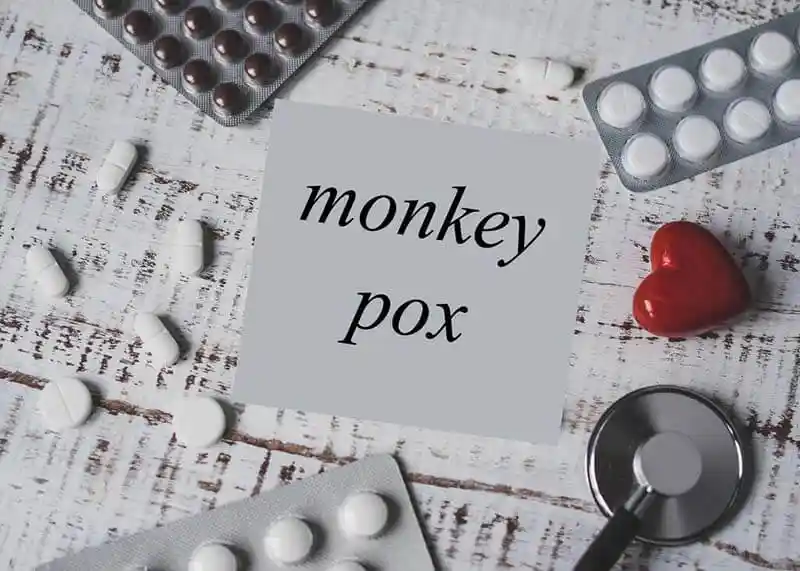
If you’re pregnant, don’t take aspirin or other nonsteroidal anti-inflammatory drugs
Reason being, they increase bleeding risk.
Avoid contact with anyone who has had chicken pox or shingles
Avoid person to person contact with anyone that has had chicken pox or shingles recently.
It’s possible that you may have already been exposed to monkeypox. If so, you should be careful around other people, particularly the elderly and vulnerable, to avoid passing on any infection.
If you think you’ve been exposed to monkeypox, call your doctor right away. The CDC recommends calling ahead so your doctor knows what tests to order and what medicines to give you, if needed.
Wash your hand often with soap and water
This will help prevent the spread of germs.
Can People Die From Monkeypox?
Monkeypox is a rare zoonotic infection caused by a member of the poxvirus family. Symptoms of monkeypox usually start about one week after exposure and include fever, headache, muscle aches, cough, chills, fatigue, vomiting and diarrhea.
In some cases, however, monkeypox causes serious illness and sometimes death. People who contract the disease often experience painful sores around the mouth and nose. They may also develop pneumonia, kidney failure, or encephalitis — swelling of the brain. Most people do not experience severe symptoms and recover without treatment, though in severe cases, proper medical care is required and antibiotics may help reduce the duration of symptoms.
Health experts, including the World Health Organization, consider monkeypox a neglected tropical disease because there is no widely available vaccine against it and the number of cases is increasing in many parts of Africa and Asia. Cases have been reported in Canada, France, Germany, Italy, Japan, South Korea, Spain, Switzerland, Turkey, Uganda, United Kingdom and the United States.
How is Monkeypox Treated?
Only experimental treatment for the disease exists, so there’s more work and extra time needed for final approval. But doctors say they are working to streamline the process.
For now, most medical responses are to manage the pain and treatment of the symptoms of the disease. There is no cure. And there is little known about how long someone infected with monkeypox might remain contagious.
A vaccine for the human form of the disease could prevent or lessen symptoms for up to 14 days. But that vaccine isn’t yet widely available. There is limited supply for the greater human population.
How Dangerous is the Virus to the Public and Healthcare Systems? (i.e. the impact on the general public and health workers including the health department, public health emergency, public health workers and health care providers)
The monkeypox virus is not an airborne disease like COVID-19, so it is not spread through air currents or coughing. Most cases are contracted through direct contact with people and having close personal contact with infected animals such as monkeys, bats or rodents. There is no widely available vaccine for monkeypox, although there is a smallpox vaccine.
State health officials say the risk is low to most people because the virus doesn’t cause severe illness in healthy adults. But doctors and officials say that clinics could be strained if large numbers needed outpatient treatment for pain or symptoms. “We’re expecting some strain,” said Dr. Jennifer Layden, state epidemiologist for communicable diseases. “But we don’t think it’s going to approach what happened with the COVID-19 pandemic.”
Health officials say that clinics will probably see more patients seeking outpatient care for pain or other symptoms related to the virus, but they aren’t worried about it reaching the same levels of virulence, death toll or crushing demand on the health care system as COVID-19. They say that even though monkeypox isn’t a highly contagious respiratory disease like COVID-19, the number of infections is expected to increase quickly.
The National Center for Immunization and Respiratory Diseases says that monkeypox is rare in the United States, and that fewer than 10 cases have been reported since 1970. In 2017, the center estimates that less than 1% of people had antibodies against monkeypox.
FAQs
Can you catch monkeypox by touching an item you’ve ordered online?
Yes, only if the package has been touched by someone who has the virus.
If you’re exposed to monkeypox, what should you do?
If you believe you have been exposed to monkeypox, call your doctor immediately. If you feel sick, seek immediate medical attention. Do not go to the emergency room unless you need urgent care.
If you develop fever, chills, muscle aches, headache, cough, sore throat, vomiting, diarrhea, abdominal pain, rash, red eyes or swollen lymph nodes, call your doctor right away.
Is there any way to protect myself from getting monkeypox?
Yes. The CDC recommends minimising any risk of infection by avoiding contact with people who have the virus, as well as avoiding close contact with wild mammals and their droppings, or infected animals.
Can someone catch monkeypox more than once?
Yes it’s possible. Also note that people who contract the virus may become immune to it after recovering from the first infection. This means that they can still pass the virus onto others.
How much time does it take to heal after being infected by monkeypox?
It takes about two weeks to fully recover. Some people may experience mild symptoms for up to six months.
Can monkeypox be contracted through sexual contact?
Monkeypox is not usually thought of as a sexually transmitted infection (STI), but it is sometimes passed from person to person via skin contact and intimacy, including sexual contact.
Can monkeypox be spread through bodily fluids?
Yes, respiratory droplets can spread through direct physical interaction between people. Usually, they require prolonged face-to-facial interactions, putting healthcare providers, family members, and others who come into close proximity with patients at increased risk of infection.
Can monkeypox affect pregnant women?
Pregnant women are at higher risk of developing complications from monkeypox. Women who are pregnant should avoid contact with infected people as well as animals, including wild animals and their droppings.


